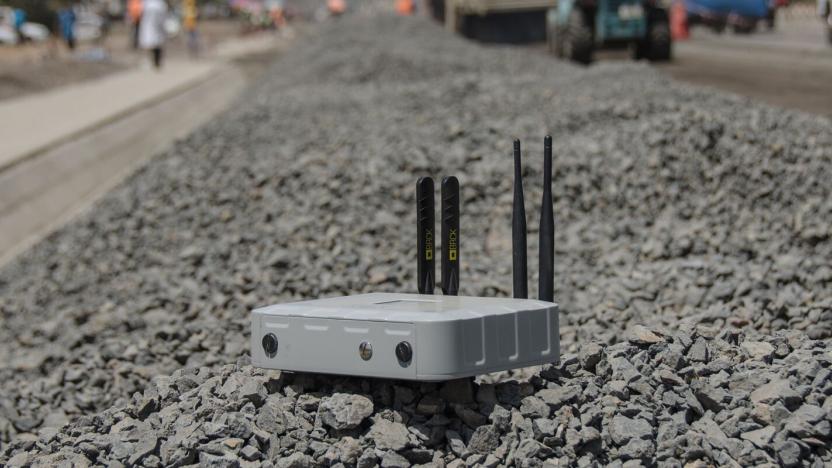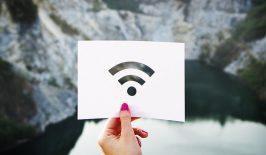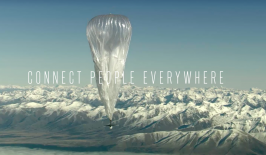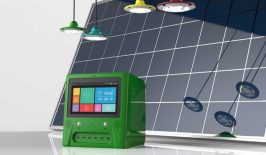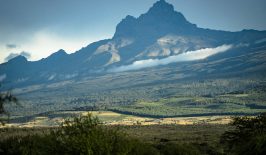Internet connectivity is a rare commodity in many rural parts of Africa. BRCK, a Kenyan startup, makes specialised hardware routers that can supply Wi-Fi even without a steady power supply.
Unreliable power in Kenya and many other parts of the world is one of the main issues when it comes to establishing a functioning Internet connection. Regular power cuts result in unreliable connections and frustration in the growing tech scene in Africa. The average consumer hardware for the internet is produced with the Global North in mind, and it can be a struggle to adapt it to the context of Africa and its needs. With this background, BRCK are pioneering hardware from Africa for Africa.
Their hardware router which supplies Wi-Fi even without a steady power source is helping connect remote regions to the internet – via a reliable connection. While BRCK initially focused on supporting rural Africans, their products have also been used by remote alpine villages in Switzerland and fishing villages in Asia where a lack of consistent internet connection is also a problem.
Yes, bricks can bring the Internet
From the seed of an idea in 2011, to a successful Kickstarter in 2013, BRCK was able to develop the V1, a modem router for areas plagued by regular power cuts. A battery housed within the device could keep the modem running for up to eight hours without power, and the router was also able to switch to the best available internet connection – from a hardwired ethernet to mobile data via 3G – depending on conditions. Water and dustproof cover meant it was robust enough to be placed inside or outside and could handle all weather conditions, as well as being able to charge up to 20 USB devices too.
At the beginning of 2017, BRCK went back to Kickstarter to launch the SupaBRCK, an improved designed. The SupaBRCK now offers a combination solar-powered Wi-Fi box that operates as a 3G hotspot for up to 100 connections. The SupaBRCK can be hooked up as normal to household power, with the inbuilt solar panel offering even more flexible remote usage. Importantly, SupaBRCK also offers its own off-grid server.
This off-grid hosting is actually a new software service called Moja. designed to complement the hardware. Moja offers publicly accessible, free, advertisement-funded internet access for all. The SupaBRCK holds a five terabyte hard drive, which allows it to cache internet data – for example high-bandwidth images and even video from networks like Facebook, Netflix, YouTube and so on, locally. Anyone connecting to a SupaBRCK will have a much faster network experience, with much of the data supplied from the SupaBRCK itself rather than waiting for a distant server at a data centre.
The concept is known as a content delivery network (CDN) and is a major business for the likes of Amazon, CloudFlare, Akamai, and others. SupaBRCK, therefore, offers a software platform along with its hardware, with Moja going far beyond a hardware installation.
This is a major step forward for places where even basic connectivity may be unable to be reached consistently – the SupaBRCK can continue to offer access a large number of common websites. Moja is already in use in Nairobi on busses, supplying free Wi-Fi to public transport users.
Educational opportunities are also on the Kenyan company’s agenda. With the Kio Kit, BRCK has developed a pop-up box of educational tools that can be transported between classrooms. The weather-proofed, lockable box contains 40 tablets, which are adapted to the African context and designed for children. A built-in SupaBRCK then delivers the pre-stored educational content and also provides the school class with internet, giving them access to even more educational material.
This is a translation by Tristan Rayner of an article which first appeared on RESET’s German-language site.
